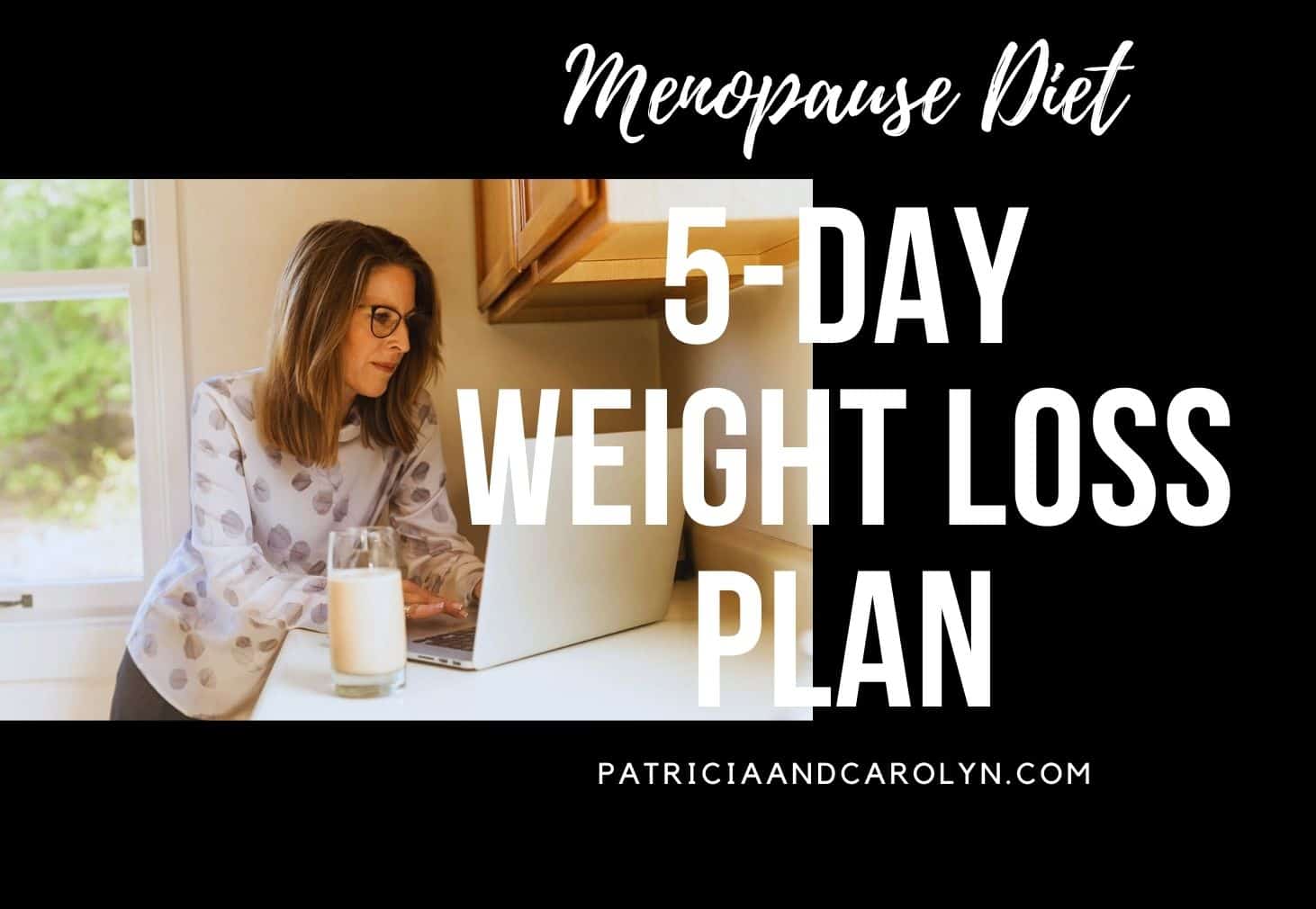
A fitness monitor is a great way for you to track your progress, and even help you achieve your fitness goals. But, the calorie counters displayed on treadmills shouldn't be trusted. While a 20-percent reading on a treadmill might be reliable, it's not worth following the exact same 200-calorie meal. For more precise measurement, we recommend using a heart rate monitor or a VO2 analyzer to keep you motivated.
The VO2 analyser allows for precise measurement
A VO2 analysisr can be used to accurately measure the treadmill calories burned. Since calorie counters aren't very accurate, comparing each workout to the previous one is crucial to keeping your routine consistent. Using a VO2 analyzer can help you do this, and it's inexpensive, portable, and can be used in a variety of settings.

Heart rate monitor gives more accurate calorie count
Calorie counters in the treadmill can be inaccurate. The number of calories burned by different people varies wildly, depending on their body mass and amount of fat. Although the treadmill's ability to burn calories can vary based on brand, model, and fitness level, it is possible for the calorie counter to be very accurate. The best way for a treadmill user to know how many calories they are burning is to use a heart rate monitor.
Calorie burn is affected by speed
The speed of a treadmill determines the amount of calories you burn while running or walking. A slower pace will burn less calories than a faster pace. The amount of calories burned will also depend on how long your stride is. A shorter stride is better for burning calories because you will be picking up your feet more often per kilometer. The same applies to speed. The faster you run, you'll burn more calories.
Treadmill speed is a factor in calorie burn
The speed and incline of a treadmill are both important factors in calculating the amount of calories you burn during a workout. Running at a faster speed will burn more calories. However, a slower pace may lead to less calories being burned. Treadmills don't ask for weight. They use a reference weight, which is 155 pounds.

A heart rate monitor can increase your calorie count.
The heart rate monitor can help you control the intensity of your workout and help you burn more fat. Monitoring your heartbeat can help you determine your target heart rate zone, adjust your speed and gradient to suit it. You'll burn the most calories and maximize your weight loss potential if you work within your target heart beat zone. An easy way to monitor your heart rate is the Heart Rate Monitor. A heart rate monitor can even improve your treadmill calorie count.
FAQ
How often do people fast regularly?
Most people who follow a ketogenic diet fast once per week. Some people fast twice a week. Others fast three-times per week.
There is a variation in the length of fasts. Some people fast 24 hours, while others fast 48 hours.
Some people will even travel more than 72 hours. But these extreme cases are very rare.
What should I eat during intermittent fasting to lose weight?
The best way to lose weight is to cut out carbs. This means eliminating carbohydrate-based foods such as pasta, bread, rice, potatoes, or other carbohydrate food.
It is important to eat less protein, as it will keep you fuller longer. So you won't feel hungry as often.
Instead, focus on foods that contain healthy fats, such as olive oil, avocado, nuts, and seeds. These foods help keep you satisfied for hours after eating them.
You should ensure you drink plenty of water. Water can help you lose fat by keeping you hydrated.
It is possible that you will find yourself craving these foods while you are fasting. These cravings don't necessarily mean that you should give in. If you do, you could gain more weight than you lost.
You can avoid overeating by being mindful of how much water you consume each day. Drink a glass water whenever you feel hungry.
It may sound counterintuitive but this has been shown to help you lose weight. One study published in Obesity showed that plain water was more nutritious than sugary drinks.
Drinking plain water also reduced hunger. Drinking water is the best way to lose weight if you don't want sweetened beverages.
You don't have to eat every calorie or avoid certain foods if you are trying to lose weight. Instead, focus on making small changes to your lifestyle.
One way to start is by substituting your typical breakfast sandwich with a bowl of oatmeal. You can also swap out your afternoon cookie for a piece fruit.
These simple swaps will add up over time and help you shed pounds without spending hours in the kitchen.
How can busy people lose fat?
Losing weight is as easy as eating less and working out more.
Weight gain is possible if you eat a lot of food. You will gain weight if exercise isn't enough. You can start losing weight if you combine these simple habits.
How long do I need to fast for weight loss?
It is not as easy as you think. A number of factors need to be considered when determining how many days of fasting are needed for optimal fat loss. These are:
-
Your age. Intermittent fasting can be difficult for young people (under 40). This is because they have less time to recover after each fast. On the other hand, if you're older (over 60), you may find that you don't have enough energy to sustain an extended period of daily fasting.
-
Your current body composition. You'll be most successful if you have lots of muscle mass. For those with less muscle mass, however, you may be able to benefit from shorter fasting times.
-
How physically active. Exercise regularly and you may need to extend the fasting window in order to get enough sleep between workouts.
-
Your past medical history. Patients with certain medical conditions, such as heart disease, diabetes, or cancer, may need additional fasting monitoring.
-
What is your tolerance for stress? Stress can often lead to us eating more. This problem can be avoided by increasing the length of your fasting periods.
-
What type of diet do you follow? Certain diets, like ketogenic diets, may require even longer fasting periods.
-
Your sleep quality. A decreased quality of sleep can also be linked to decreased appetite and metabolism. It might take some time to find what works best for your needs.
-
Your daily intake of protein. The ability to stabilize blood sugar levels. Eating more protein can lead to lower insulin levels. This would allow you to fast for longer periods of time.
-
Whether you're trying to gain or lose weight, people who are trying to gain weight usually require longer fasting periods than those who are trying to lose weight.
-
How many calories do you consume in your fasting windows? You might lose more fat if your daily calories are lower than those you consume.
-
Your overall fitness level. Fasters who are very fit tend to have higher metabolic rates, which allows them to burn more calories throughout the day.
-
Your gender. Men typically have larger appetites than women, so they may need to fast for slightly longer periods of time. Women may only fast for 20-30 mins each morning because they have a smaller appetite.
-
Your lifestyle. Do you get enough physical activity? Do you work out several times a week? Do you work at a desk all day? These things could impact the speed at which you should go.
-
What amount do you spend on food each month? You don't have to spend much on groceries to eat healthy food. You can save money by buying whole grains instead of white bread, fruits instead of candy bars, and lean meats instead of fatty cuts.
-
How important it can be to control your appetite. You might not have to fast as much if your hunger isn't a problem.
Why is exercise important for weight loss?
The human body is an incredible machine. It was designed to move. It's designed to move.
Exercise helps to burn calories and improve muscle tone. This can make you feel more positive both physically and mentally. It is common to hear people say that exercise is essential for weight loss. But what exactly is it?
-
Exercise can increase metabolism. When you're active, your body will use energy. When you move, your heart beats quicker, blood flows to your muscles, oxygen is absorbed by your lungs, and blood flows faster to your muscles. These activities all require energy. Your metabolic rate increases, which means you'll burn more calories while exercising. Your body's energy consumption during physical activity is known as the amount of calories burned.
-
Exercise reduces appetite. When you work out, you will naturally eat less calories.
-
Strength is built through exercise. Muscle tissue needs more energy to function than fat tissue. So if you build lean muscle mass, you will need less food to maintain your current weight.
-
Exercise releases endorphins. Endorphins, hormones that make you feel happy, are released when you exercise. When you exercise, endorphins are released into your bloodstream. Endorphins have been shown to prevent pain signals from reaching your brain. This can give you a sense of well-being.
-
Exercise boosts self-esteem. People who exercise regularly tend to have higher self-esteem. And this leads them to live healthier lives.
Start small to lose weight. You can add one of these tips into your daily life today.
Statistics
- One 6-month study showed that simply doing 11 minutes of strength-based exercises 3 times per week resulted in a 7.4% increase in metabolic rate, on average. (healthline.com)
- Another study found that 24 weeks of weight training led to a 9% increase in metabolic rate among men, which equated to burning approximately 140 more calories per day. (healthline.com)
- According to Harvard Health, it's estimated that a 155-pound (70-kg) person burns around 167 calories per 30 minutes of walking at a moderate pace of 4 mph (6.4 km/h) (5). (healthline.com)
- A 12-week study in 20 women with obesity found that walking for 50–70 minutes 3 times per week reduced body fat and waist circumference by an average of 1.5% and 1.1 inches (2.8 cm), respectively (healthline.com)
External Links
How To
How to Intermittent Fasting
Intermittent fasting refers to a diet where you only eat one day per semaine, typically Monday through Friday. This diet aims to lower your overall calorie intake, while still ensuring you get enough nutrition. It's believed that this helps burn fat faster than if you were eating normal meals throughout the entire week.
The most common form is to limit calories for certain days. This would mean that you skip breakfast each morning, and then eat whatever food you like throughout the day. You can also opt to eat three small meals a day instead of two large.
Many forms of intermittent fasting are available, such as alternate day fasting (5/2 fasts), 8/4 fasts and 16/8 fasts. There are pros and con's to every type of intermittent fasting. Because you don't need to make major lifestyle changes, alternate day fasting can be the easiest way to get started. However, not everyone can stick to a rigid schedule. They might prefer to experiment with other methods.
If you are interested in starting an intermittent fasting regime, I recommend beginning with alternate-dayfasting. This will allow you gradually to transition into more extreme fasting habits without changing your lifestyle.